Lessons Learned from a Stint of Lobbying on the Hill
Everyone who has lived around the DMV (Washington DC/Maryland/Virginia) area understands the power and impact of the political undercurrent that runs throughout that entire region.
Attending James Madison University, I was just two hours away, and felt that DC influence. For all intents and purposes, Washington DC is the epicenter of most opportunities for James Madison University graduates, and any other school in the region. So when most of my friends graduated from school, they gravitated towards DC.
However, long before I ended up at James Madison University….
I grew up in Virginia, seeing and understanding the political environment; we were so close to the nation’s capital, and even witnessed the State of Virginia electing Governor Doug Wilder, an African American, from my hometown, Richmond, Virginia.
When you live in this region, you end up seeing a tie between politics and candidly, every other sector of life: business, philanthropy, sports, education.
And you see it regularly.
For instance: whereas most people across the country grow up watching the local news, when you are from the DMV, the evening news is the world news.
For all of these reasons, you get a constant barrage of insight into the political workings of government.
When I graduated from college, I had a basic marketing position for an organization consisting of large general contractors and labor.
(Coincidentally, that’s what gave me the insight into the world of large, commercial construction).
I had no idea how big commercial construction companies were. Before this, my only access to a construction industry before this came from seeing men in my community with a pickup truck, who were contract workers.
(Little did I know that construction was a far bigger business than I ever realized–but that’s a topic for another article!)
This role graduated into the opportunity to lobby on Capitol Hill, specifically lobbying for construction spending and the Transportation sector. That included byways, highways, runways, bridges, all types of transportation-related construction.
First, I had to understand the House bills and how they impacted a politician’s constituents. In this case, it was construction companies and labor. Clearly, more jobs were beneficial for both entities, so therefore, once you understood the bills that were being structured for funding, then it’s the process of going to Capitol Hill and looking for support.
I learned very quickly that support doesn’t come easy. It takes time, perseverance, and dedication. And that definition of support is when an elected official says “Yes, I support your movement.”
Anything less than that is not support.
The first thing that surprised me in all of this was just how many lobbyists there are.
I had no idea that there was an industry of tens of thousands of people who would do this regularly. It was a real education, in every sense of the word, and I left feeling grateful for the opportunity. Only later in my career did I realize how fortunate l I was, because many of my colleagues in business and real estate development didn’t understand basic political workings.
The process taught me that early on, that as a big business, or even a small business, you must understand what is happening in your legislative representatives offices, either on the federal, state, and local level. So many people are working to ensure that their interests are being heard and not only heard, but supported.
Since I cut my teeth in construction related lobbying, I now understand how to work with public officials in my own professional business career.
Another thing that lobbying does is it teaches you to appreciate the formal process of legislation. And that is something that you just don’t learn in school.
Therefore, at a local level, for a development project, there is still a formal process that municipalities go through, whether it’s for economic development, rezoning, granting incentives, or other actual engagements that municipalities will have.
These all occur through a very rigid process, and I was able to learn and able to appreciate the legislative process at the highest level.
Something else I realized was that as an adult was just how fortunate I was to grow up in that area where business and politics were front and center.
I had the opportunity to go with my Executive MBA class on a week-long trip to Washington DC. While there, I learned that many people had never been to Washington DC, nor did they have a real understanding of how valuable politics is to business.
These were people being tapped to represent their companies, and were enhancing their skillets for internal growth. In this regard, they were playing catch-up. However, I had cut my teeth in my post-college career.
Most people will never get to live in the DC area, so you have to understand these concepts from afar.
Everybody needs to understand how politics impacts their life. And a business person, you need to understand that a politician’s goal is to support economic development and an enhancement of the lives of one’s constituents. As a result, many decisions politicians make should be decisions that can support the business landscape on a local, statewide, or federal level.
It’s essential that any business leader take the time to understand local, state, and federal political systems. You can do this by not just sitting at home and watching TV. Yes, follow the news, but get out there. Attend town halls and city council meetings. Shake hands and have actual conversations that help your understanding of the current climate.
Ultimately you’ll see better results for your business and community.


